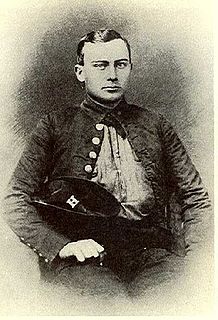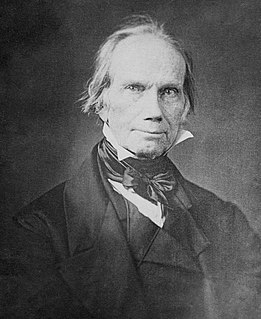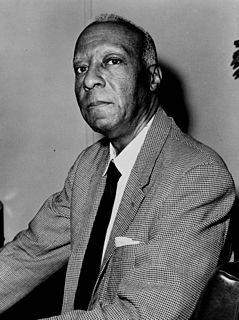A Quote by Lyndon B. Johnson
We have heard all of our lives how, after the Civil War was over, the South went back to straighten itself out and make a living again. It was for many years a voiceless part of the government. The balance of power moved away from it--to the north and the east. The problems of the north and the east became the big problem of the country and nobody paid much attention to the economic unbalance the South had left as its only choice.
Quote Topics
After
Again
Attention
Away
Back
Balance
Balance Of Power
Became
Big
Big Problem
Choice
Civil
Civil War
Country
East
Economic
Government
Had
Heard
How
Itself
Left
Lives
Living
Make
Many
Moved
Much
Much Attention
Nobody
North
Only
Our
Our Lives
Out
Over
Paid
Part
Power
Problem
Problems
South
Straighten
Voiceless
War
Years
Related Quotes
In contrast, Western historians, and those in South Korea, say the North attacked the South on June 25, 1950. Both sides agree that after the war began, the North Korean Army captured Seoul in three days and pushed as far south as Pusan before American troops arrived to drive back the North Koreans nearly as far north as the border to China.
Southern Kordofan is not a disputed territory. It is, and will remain, in the north, where the Nuba Mountains are. People believe there was a genocide there in 1990s. The Nuba, who are northerners, fought with the south in the north-south war. But they have their own individual interests, and they will remain in the north after the south splits.
Most of us who were opposed to the war, especially in the early '60's - the war we were opposed to was the war on South Vietnam which destroyed South Vietnam's rural society. The South was devastated. But now anyone who opposed this atrocity is regarded as having defended North Vietnam. And that's part of the effort to present the war as if it were a war between South Vietnam and North Vietnam with the United States helping the South. Of course it's fabrication. But it's "official truth" now.
I think the regime in North Korea is more fragile than people think. The country's economic system remains desperate, and one thing that could happen for example would be under a new government in South Korea, to get the South Korean government to live up to its own constitution, which says any Korean who makes it to South Korea, is a Korean citizen. A citizen of the Republic of Korea. And you could imagine the impact that would have inside North Korea if people thought, "If I could get out and make it to South Korea, I could have a different life."
Do not focus too much on the east and forget the west. And do not ignore the south, to speak for the north. What happens in the east has effects in the north, as the west has in the south. And do not focus on one species and ignore the other. Or love your father but ignore your mother, or love your sister but ignore your brother. Do not forget each other. We are all part of each other. We are all ONE.


































